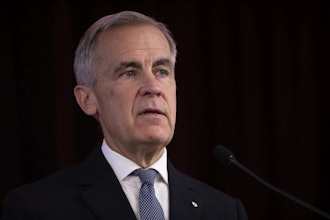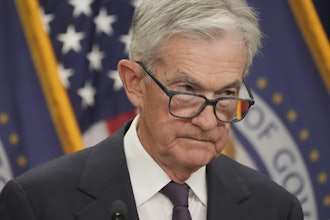Reports have surfaced that as many as 260,000 members of the Teamsters union at UPS could go on strike if a new collective bargaining agreement isn’t reached by August 1. The vote was reportedly supported by more than 90 percent of the union.
UPS and the Teamsters have been in negotiations since late January, but a lack of recent progress is increasing the likelihood of a strike that could be America’s largest in decades. This group represents about 60 percent of the total workforce at UPS.
The primary sticking point is that UPS wants to start delivering every day of the week, but not pay overtime for weekend work. The company wants to transition part-time employees to full-time, but at their current average wage of $15/hr. and run work schedules going from Sunday to Thursday and Tuesday to Saturday.
As you might imagine, the union is not a fan. They want any new full-time worker to recoup the same spoils as existing workers, which translates to $36/hr. on average, plus overtime. That comes out to a difference of just over $43,000 per year, per employee. The union argues that a company which posted record profits of $5 billion last year should be able to make these concessions and still transition to handling deliveries every day of the week.
That might be true, but the union has also asked UPS to eliminate programs investigating the use of self-driving cars and drones for last-mile deliveries. UPS quickly shot that proposal down, but this highlights a key element embedded within these negotiations. While the Teamsters are looking to preserve jobs and wages while looking back on record-setting profitability, UPS is looking to the horizon.
While continuing with their work on automated delivery options, UPS is also trying to safeguard against strengthening competition. In addition to FedEx, DHL recently announced plans to re-enter the last-mile consumer delivery market after a decade on the sidelines. It’s also no surprise that Amazon has been taking steps to launch more of its own delivery solutions, including an LA-based arm that currently delivers packages for third-party retailers.
The last time UPS workers went on strike was 1997. It lasted 16 days and was led by the Teamsters.





















